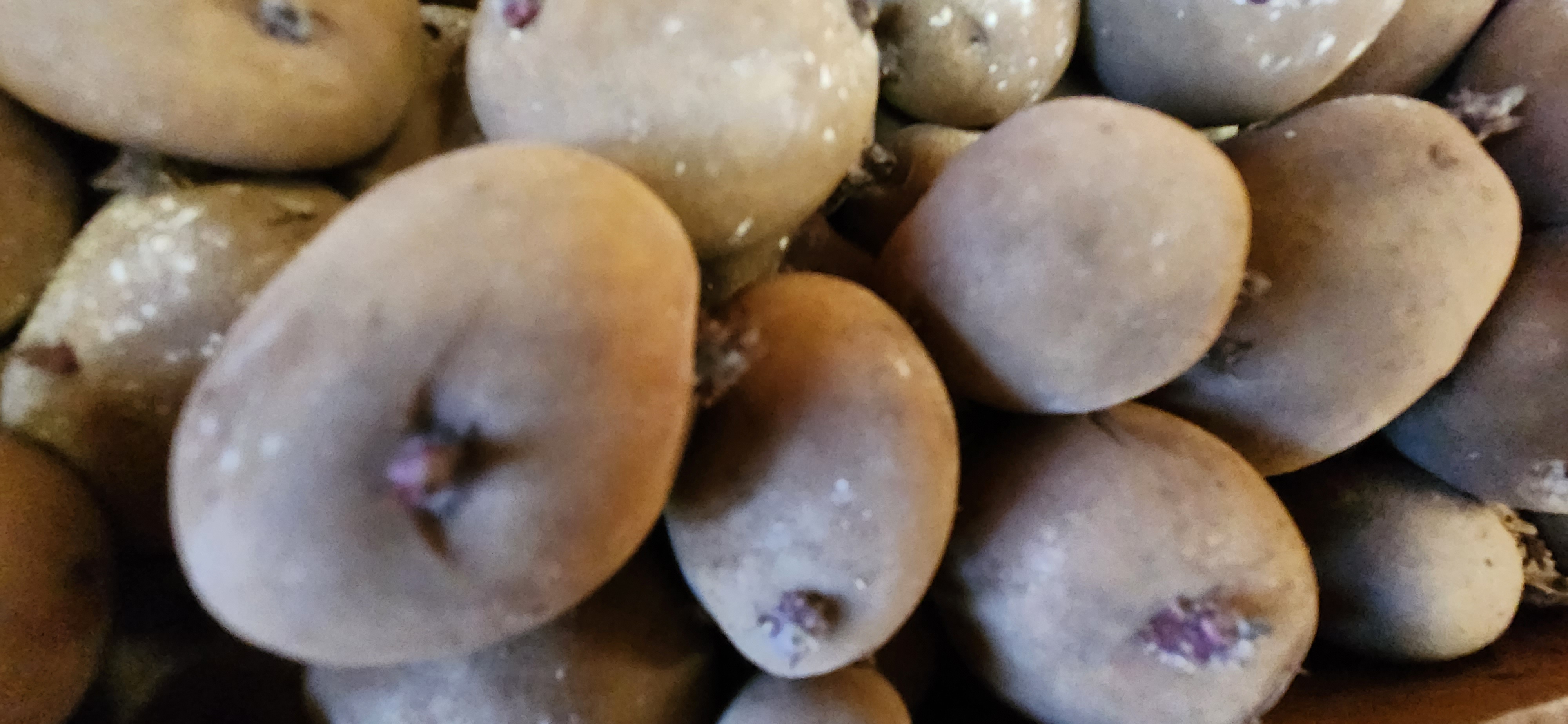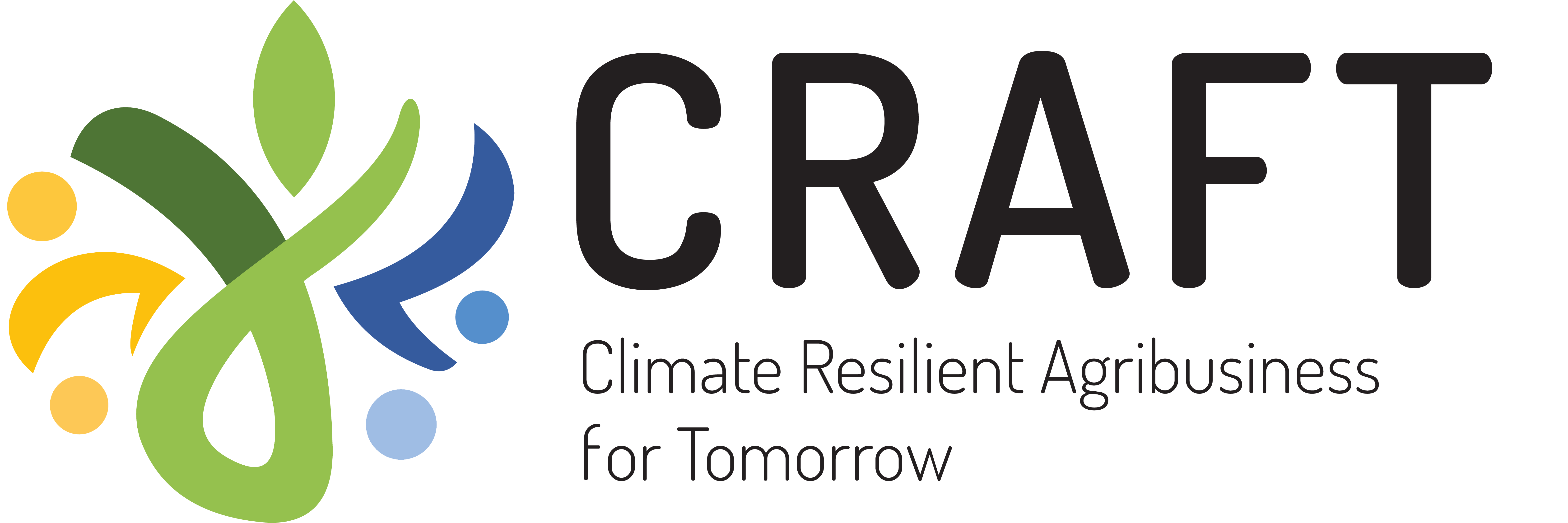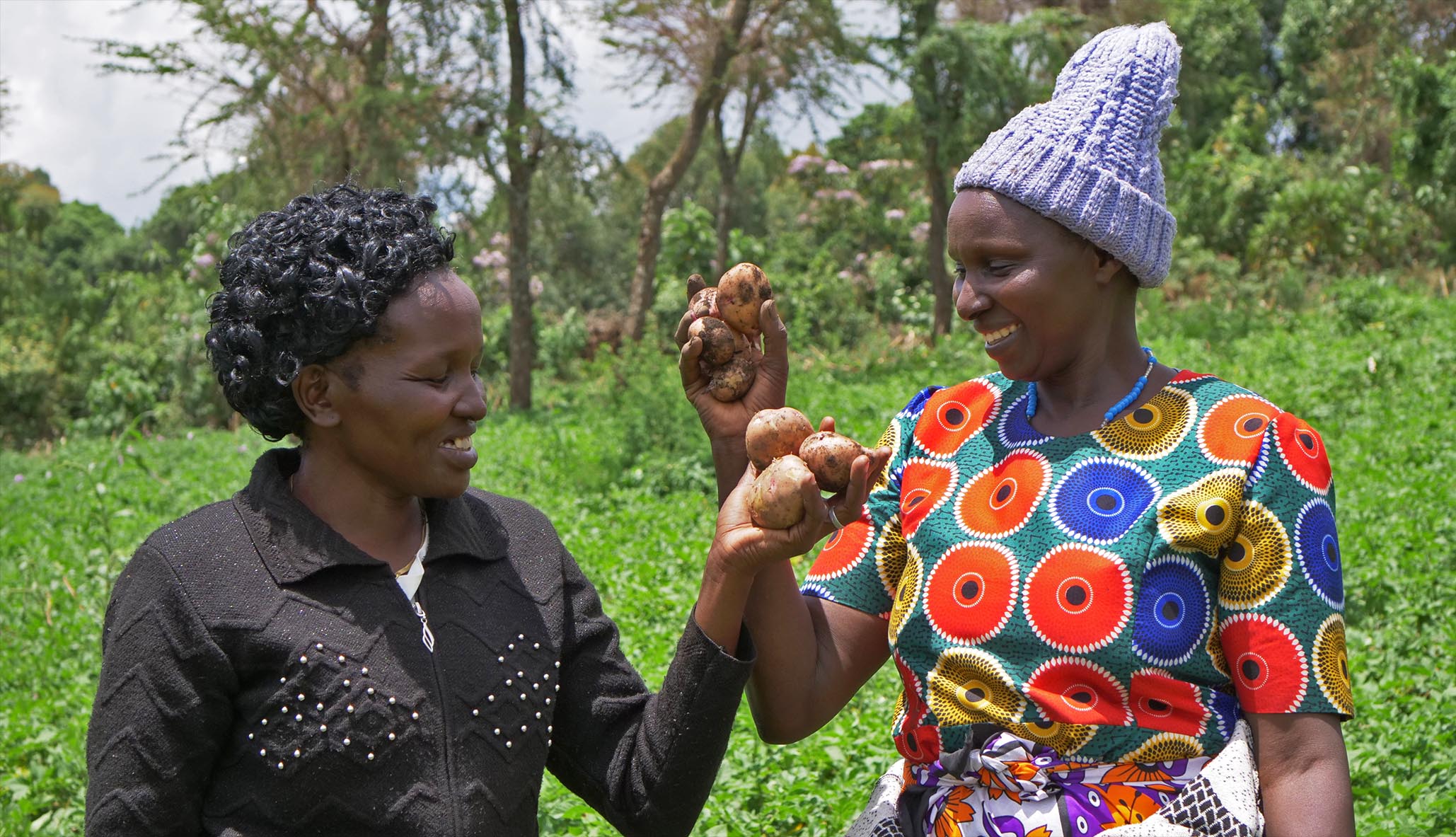In the highlands of Kenya, potatoes are more than just a staple food—they are a way of life. However, for farmers grappling with climate change, rising input costs, and limited market access, this lifeline has often felt increasingly out of reach. That’s where the CRAFT (Climate Resilient Agribusiness for Tomorrow) project comes in, offering Climate Smart Agriculture (CSA) practices and technologies that help farmers and value chain actors adapt to and build resilience against a changing climate.
Funded by the Netherlands Ministry of Foreign Affairs and implemented by SNV in collaboration with partners including Agriterra, Wageningen University & Research (WUR), AICCRA, and Rabo Partnerships, CRAFT operates across Kenya, Uganda, and Tanzania. Its interventions are designed to enhance the climate resilience of selected value chains by supporting agri-SMEs, cooperatives, and farmers to establish productive, climate-resilient farming systems that increase both income and yields. One of the project’s key focus value chains is potatoes.
Private Sector at the Heart of Change
A cornerstone of CRAFT’s approach is its collaboration with the private sector, including SMEs and farmer cooperatives. In Kenya under the potato value chain, the project partnered with three cooperatives—Starlight in Nakuru County, Nandi in Nandi County, and Marakwet Highlands Marketing Cooperative in Elgeyo Marakwet County—as well as two SMEs, FreshCrop and Sereni Fries Ltd. These entities aim to boost productivity, improve market access for smallholder farmers, and enhance the quality of produce.
Through these partnerships, smallholder farmers—including women and youth—have gained access to vital services such as quality inputs (e.g., improved seeds), climate-smart extension services, agro-weather advisories, post-harvest handling techniques, financial services, labor-saving technologies (e.g., mechanization), aggregation, packaging, and storage. As a result, average potato productivity has risen from 3 to an average of 7 tons per acre, with over 12,000 farmers trained in CSA practices and technologies.
For example, in Nakuru County, Starlight Cooperative has become a hub for climate-resilient potato farming. With CRAFT’s support, it now offers bundled services—including certified seed, fertilizer, and climate advisory support—under one roof. The cooperative has also established a SACCO that provides affordable credit to its members. Farmers are no longer farming in isolation; they now plan collectively, bulk-buy inputs, and negotiate better prices with buyers. The result is stronger, more resilient farming communities.

Smart Seeds, Better Yields
CRAFT has also supported the multiplication of disease-free, high-yielding seed potato varieties that are better adapted to local conditions. Popular varieties such as Shangi and Unica are not only drought-tolerant but also command higher market prices.
Through partnerships with certified seed producers like FreshCrop Ltd., the cooperatives can now access foundation seed materials and decentralize seed multiplication, bringing it closer to farmers. Thanks to this initiative, more than 5,000 farmers now have timely and affordable access to certified seed—greatly improving yields while reducing production costs.

From Seed to Sale: Unlocking Value and Accessing Markets
As we celebrate the International Day of the Potato, the story of these cooperatives reminds us that real transformation happens when farmers are equipped with the right tools, knowledge, and partnerships.
CRAFT’s approach—rooted in climate-smart solutions, inclusive market systems, and private sector engagement—is enabling farmers to rewrite their narratives. From Jane Kilel in Nakuru, who doubled her yield after joining Starlight Cooperative, to young leaders like Nelson Kipkosgei of Nandi SACCO, who travelled to Germany under the International Young Farmers Exchange Program after participating in the National Youth Convention hosted by CRAFT and the Kenya National Farmers' Federation—these are powerful examples of what’s possible when farmers take the lead.
Because in the end, it’s not just about growing more potatoes—it’s about cultivating more opportunities.
By Edith Mutui, Oscar Nzoka and Elly Choso









